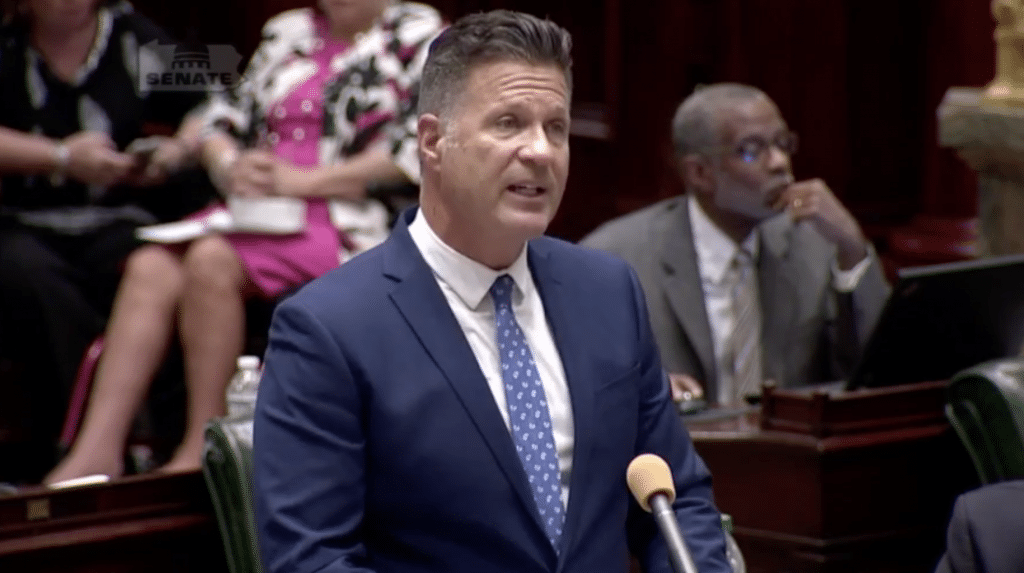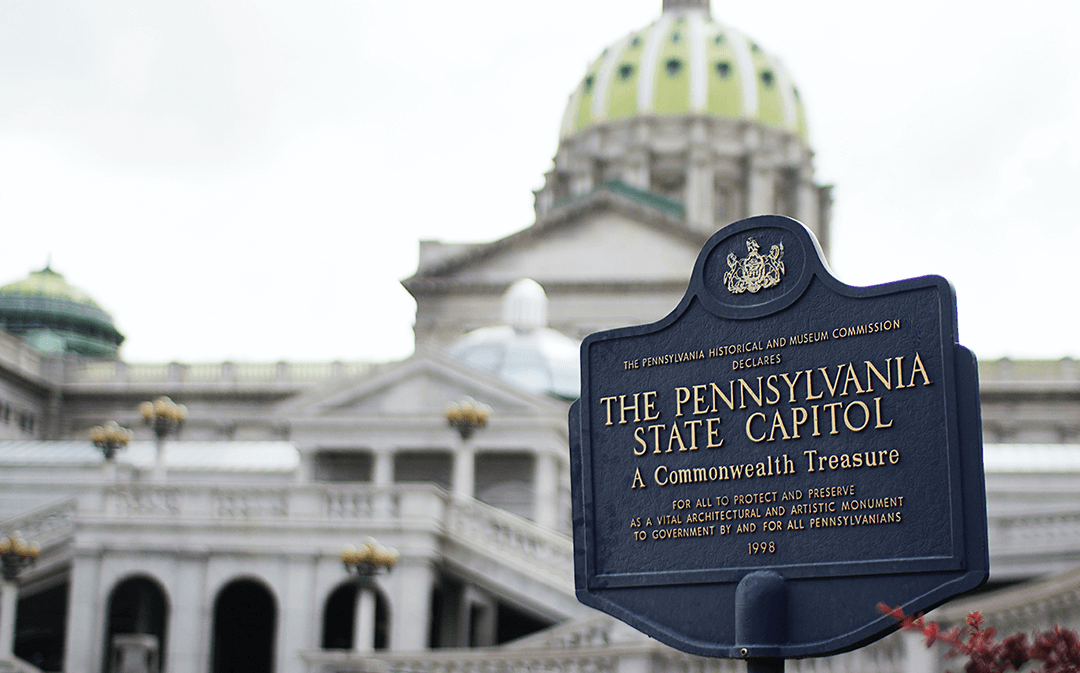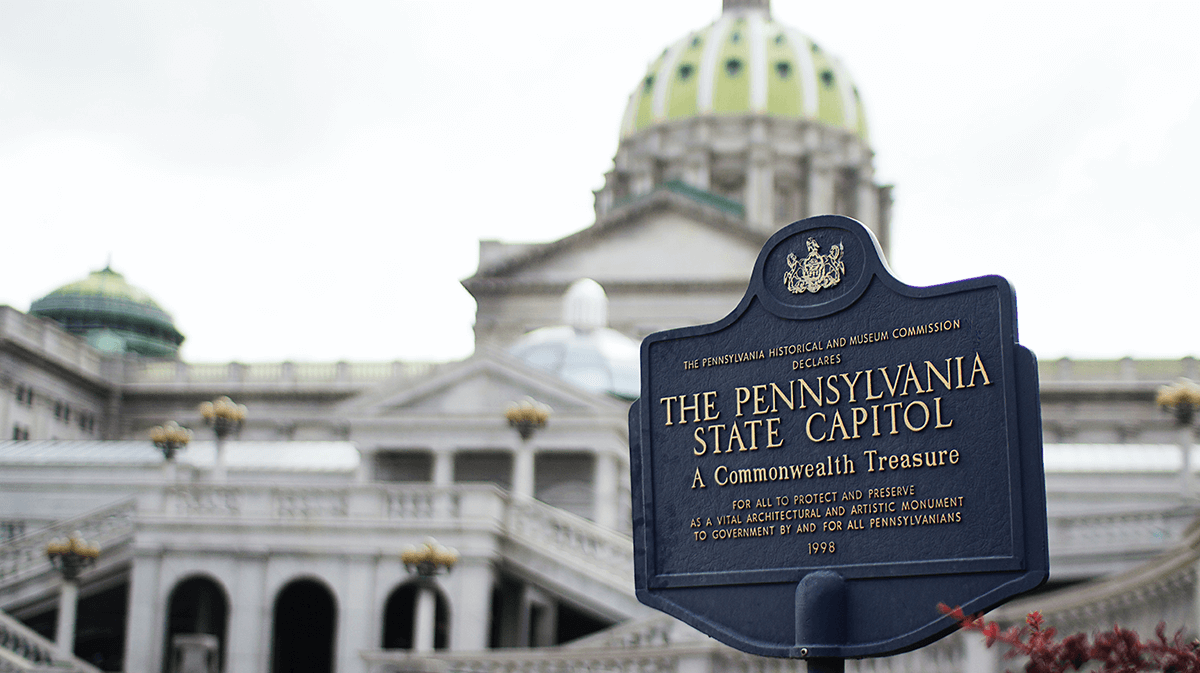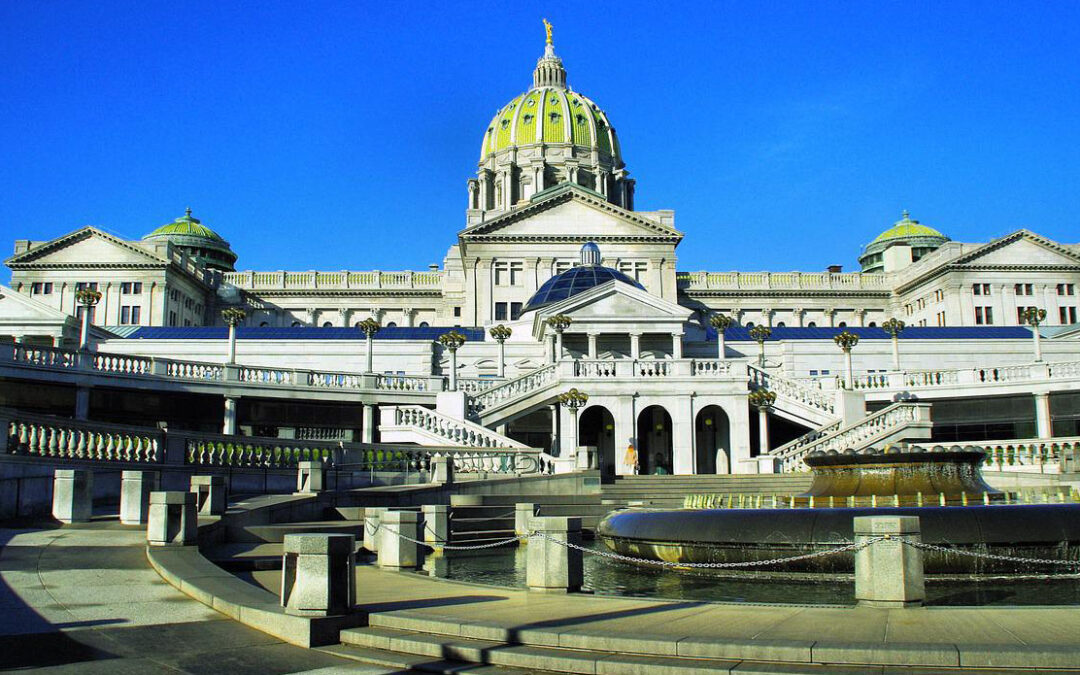
Pennsylvania Cannabis Banking Bill Headed to Governor’s Desk
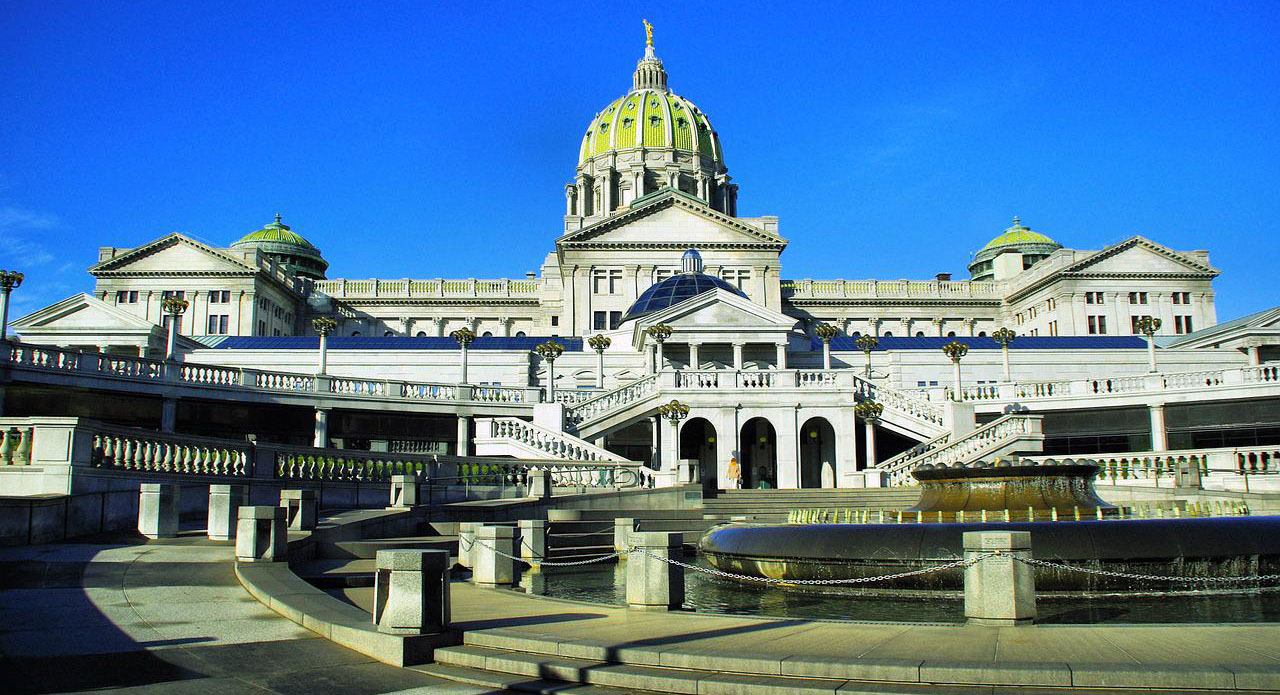
A Pennsylvania cannabis banking bill that would protect state banking and financial institutions from prosecution is on its way to Governor Tom Wolfe’s desk after passing the House last week.
The legislation is nearly identical to a standalone bill that passed through the legislature earlier this session. The new measure passed with a 173-27 vote.
Sen. John DiSanto (R), the chief sponsor of the bill, had initially introduced the measure as a standalone piece of legislation. But after passing the Senate earlier this year and clearing the House committee, DiSanto filed it as an amendment to the already-passed HB 311. That bill deals with authorizing certain financial institutions to conduct savings promotion programs.
The amendment won’t give financial institutions complete immunity however, as it only applies on the state level. As cannabis is still a Schedule 1 controlled substance according to the federal government, banks and financial institutions can still be prosecuted for working with legal cannabis businesses, even if they are operating in a legal state.
However the amendment represents a step in the right direction for an industry that has been plagued with financial burdens due to federal laws. The fed has been stalling the passage of the SAFE Banking Act which would give federal banks protection in dealing with legal cannabis businesses.
The federal government isn’t necessarily cracking down on any banks doing business with legal cannabis businesses currently. But the implication that they could be punished has prevented almost every federal financial institution from working with legal cannabis businesses.
Now state institutions at least will not have to worry about being prosecuted on the state level. With the federal government more or less looking the other way in regards to state legal cannabis industry operations, more banks and financial institutions can feel safer in working with cannabis businesses.
The text of the amendment officially states that a “financial institution authorized to engage in business in this Commonwealth may provide financial services to or for the benefit of a legitimate cannabis-related business and the business associates of a legitimate cannabis-related business.”
The same protections will also be afforded to insurers. However the amendment also specifies that banks or insurers will not be required to provide services to legal cannabis businesses.
Further, the legislation says the state government cannot “prohibit, penalize or otherwise discourage a financial institution or insurer from providing financial or insurance services to a legitimate cannabis-related business or the business associates of a legitimate cannabis-related business.”
Agencies will be prohibited from “recommending, incentivizing or encouraging a financial institution or insurer” to not provide services just because a business is associated with cannabis.
Banking has been the largest issue impacting legal cannabis industries across the country since Colorado first legalized in 2012. With lack of access to federal banking, and few state institutions willing to take the risk, cannabis business owners are at the whim of whatever institution will take them.
This typically results in higher than average interest rates, stricter monitoring of account activity and even account removal without notice. Credit Unions and smaller local banks will even impose exorbitant deposit fees since they know cannabis businesses will deposit larger amounts of cash compared to other businesses.
Additionally as most credit card companies operate in cooperation with federal institutions, the majority of cannabis businesses are cash only. Robbery and theft is extremely common in the cannabis industry as businesses owners must carry bags of cash sometimes containing hundreds of thousands of dollars since they can’t accept credit from customers.
The Secure and Fair Enforcement (SAFE) Banking Act that has passed the House in some form six times at this point, only to stall in the Senate. It is currently the only federal bill focused on solving the banking issues plaguing the legal cannabis industry.

